

In recent times, our public discourse has been poisoned by a dangerous and acerbic distortion.
The word “ambition” has been hijacked. Where it once meant the disciplined drive to rise through merit, service, and integrity, it is now too often used as camouflage for greed — insidious, self-serving, and corrosive.
This misrepresentation is not merely an academic point; it is a live-wire issue whose consequences we are paying for daily across Jamaica and the wider CARICOM region. The confusion between these two fundamentally different forces is a tragedy of our time, and until we draw a clear line between them, we will continue to pay a heavy price.
Ambition, rightly understood, is a powerful and regenerative force. It uplifts more than the individual. It benefits families, communities, and nations. It is the fuel of progress, inspiring individuals to build, create, and serve. Greed, by contrast, takes without care for the damage it leaves behind. It consumes without ever being satisfied. The tragedy we face is that we have allowed greed to wear ambition’s face, to pass itself off as leadership, vision, and development.
In the pursuit of great force and clarity, we can turn to some of the most influential minds and leaders of the last century. Take, for instance, the great American president who spoke with unapologetic directness about the virtues of a strong, meritocratic society.
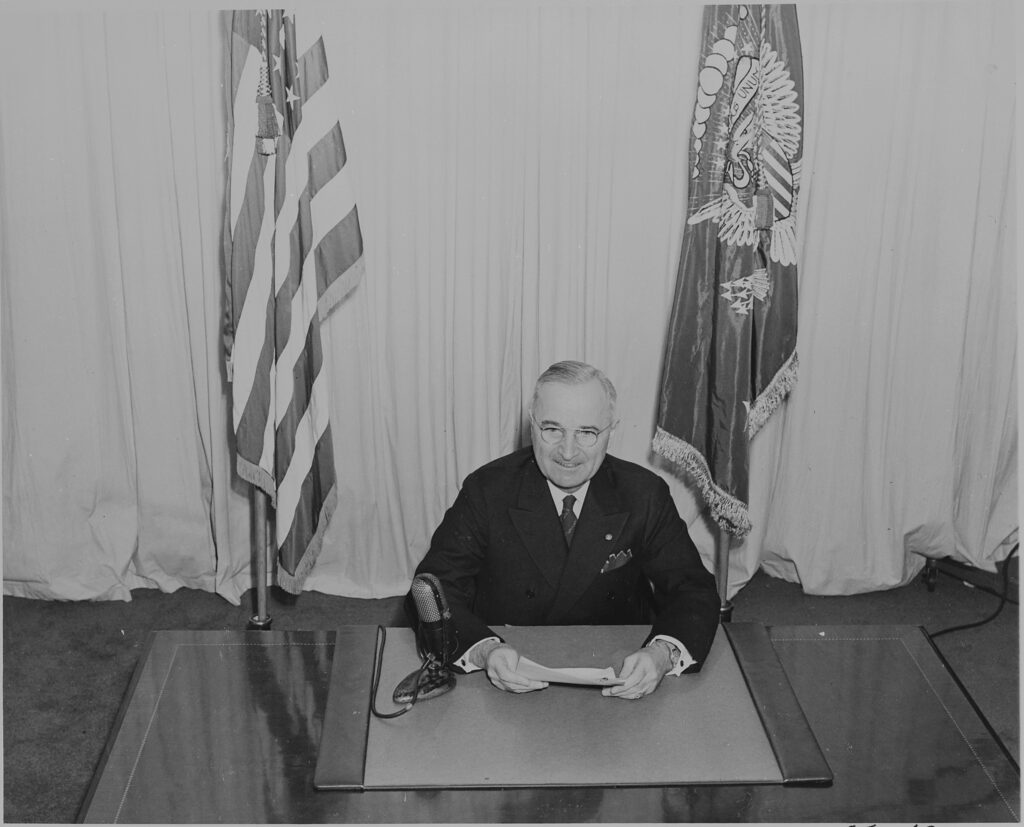
While the exact quote “Show Me A Man…” might not be his, the sentiment is unmistakably tied to the kind of no-nonsense, results-oriented leadership that underpinned the post-war American boom. It was a leadership that saw public service not as a route to personal wealth but as a sacred duty to build a better nation.
This kind of uncompromising vision is perhaps best exemplified by Singapore’s founding father, Lee Kuan Yew. His entire political philosophy was built on the distinction between personal gain and national ambition. He was unyielding in his belief that a nation’s success required a leadership committed to meritocracy, transparency, and a long-term vision that transcended individual appetites.
As he famously said, “Even from my sickbed, even if you are going to lower me into the grave and I feel that something is going wrong, I will get up.”
This was not the statement of a greedy man, but of an ambitious one — one whose ambition was inextricably linked to the well-being of his nation. Singapore’s resounding success is a testament to the power of that uncompromising clarity.
Similarly, in Africa, Rwanda’s President Paul Kagame has presided over a remarkable turnaround, moving his nation from the ashes of genocide to a model of stability and economic growth. While not without his critics, Kagame’s tenure has been defined by a relentless focus on good governance, accountability, and a zero-tolerance policy for corruption.
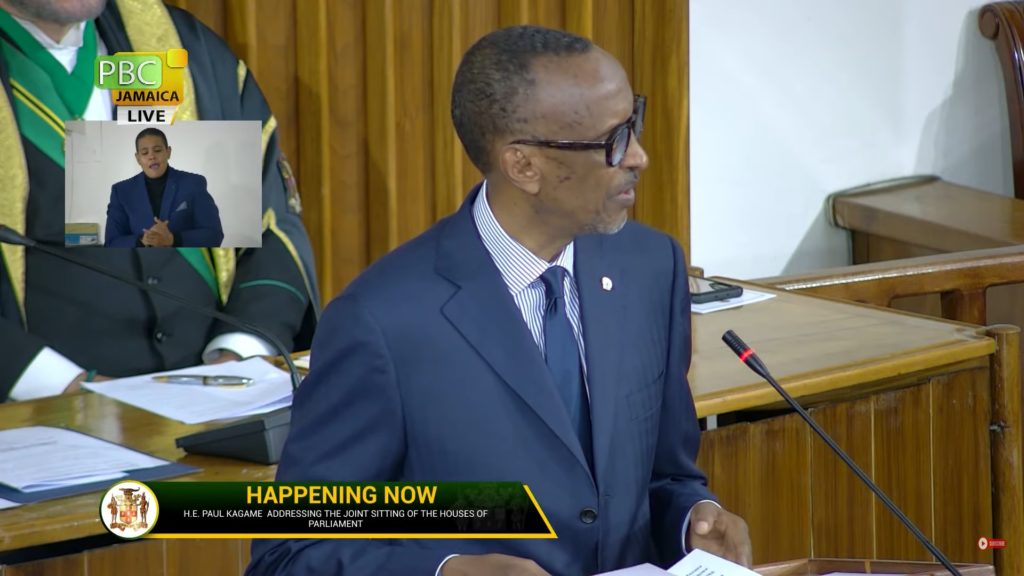
His leadership echoes the belief that national ambition requires a rejection of the self-serving greed that so often plagues developing nations. These are not merely examples from distant lands; they are blueprints for what is possible when a clear-eyed leader refuses to confuse the two.
The anatomy of a betrayal: Cornwall Regional Hospital
Few local examples capture this betrayal better than the ongoing Cornwall Regional Hospital (CRH) saga in Montego Bay. What began in 2016 as an urgent repair project to fix “noxious fumes” has morphed into an eight-year odyssey of ballooning costs, shifting timelines, and eroded public confidence. The project was first budgeted at roughly J$2 billion. By early 2025, the estimated cost had swollen to over J$23.5 billion. This is not merely the story of a construction project gone wrong; it is the lived experience of a region denied critical healthcare for nearly a decade.
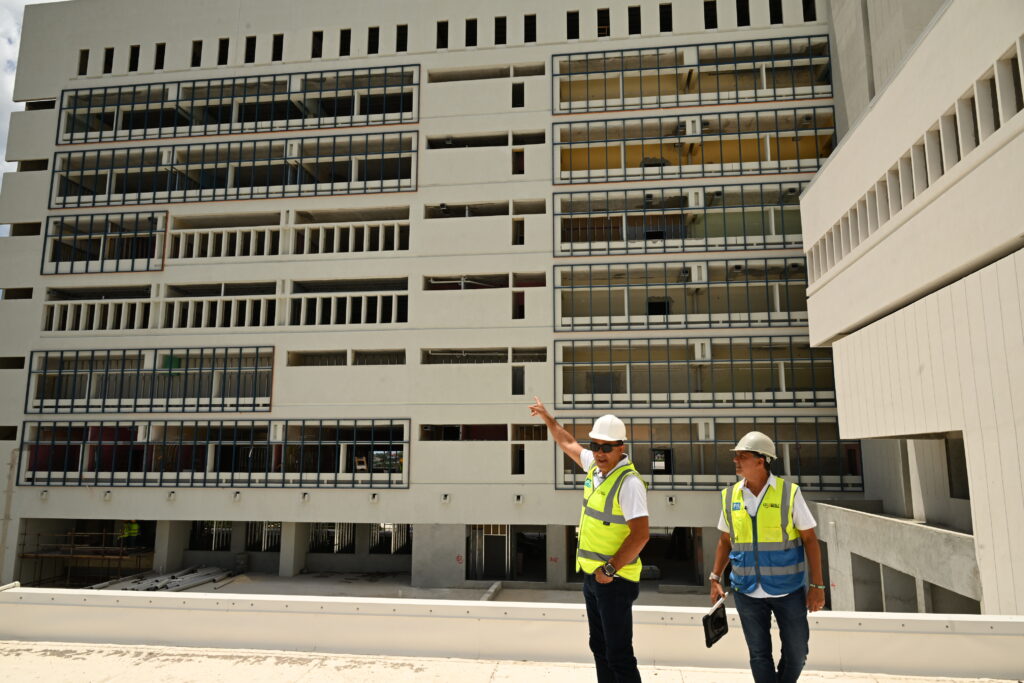
While ribbon-cuttings elsewhere tout “development,” CRH remains a symbol of neglect. The Opposition People’s National Party (PNP) has demanded a full forensic audit, warning that lives have been lost while excuses multiply.
No fair-minded observer can say this represents ambition. True ambition would have delivered a functioning hospital years ago. This is greed at work — the greed of those who see public contracts as private windfalls, even when the stakes are measured in lives.
Displacement disguised as development
Across our coasts, the displacement of long-standing fishing communities is presented as “progress.” Multi-million-dollar resorts rise where families once launched fishing boats and children played on the sand. In parish after parish, development approvals have paved over heritage, ecology, and livelihoods.
Groups like the Jamaica Environment Trust (JET) and the Winnifred Beach Benevolent Society have fought to keep public beaches accessible. They understand what greed tries to hide: that development which displaces the very people it claims to benefit is a kind of theft.
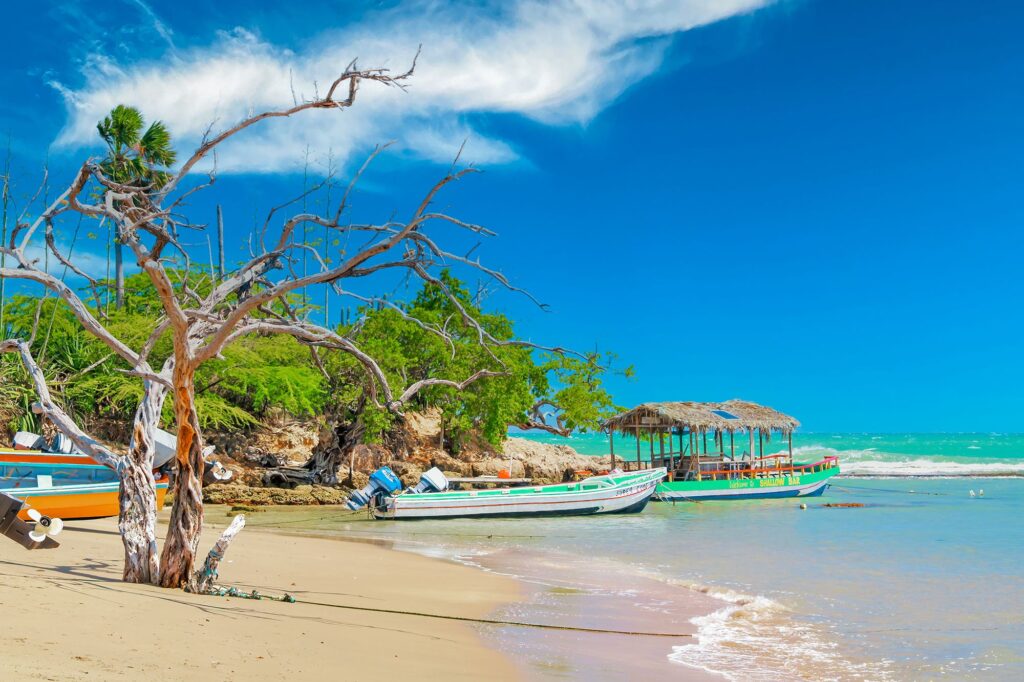
Ambition would integrate tourism with local economies, ensuring fishers, craftspeople, and small entrepreneurs share in the gains.
Greed builds high walls, imports foreign labour, and treats local people as scenery — useful for the marketing brochure, dispensable in the business plan.
Procurement collusion and inflated contracts
Greed also flourishes in the murky world of public procurement. The world-renowned behavioural economist and Nobel laureate, Daniel Kahneman, spoke extensively about the cognitive biases that allow such corruption to flourish — the way people justify their actions when surrounded by a culture of self-interest. In one St. Ann case, an audit revealed that a J$46.8 million sanitation contract had been grossly inflated. Ocho Rios alone was billed at nearly three times the cost of similar work elsewhere, and the winning bid documents bore an uncanny resemblance to internal municipal estimates — a red flag for collusion. Ambition in governance demands competitive, transparent procurement that delivers value for the public dollar. Greed in governance manipulates the process to feed insiders. Every dollar skimmed through inflated contracts is a dollar stolen from classrooms, clinics, and roads.
The ‘Hotel Incentives Trap’
For decades, the Hotel Incentives Act has allowed foreign hotel operators to import goods and materials duty-free. On paper, this is “investment promotion.” In practice, it has crippled local manufacturers who cannot compete on such uneven terms.
One casualty was McIntosh Bedding, the island’s producer of Sealy Posturepedic mattresses.

After more than 60 years in operation, it closed its doors in 2025, citing an inability to compete with duty-free imports for the hospitality sector. Ambition would reform the incentives regime to favour local supply chains, spurring jobs and industrial capacity. Greed maintains the status quo because it keeps certain political and corporate relationships profitable — never mind the destruction it inflicts on domestic manufacturing.
Exploitation behind the tourist smile
Our tourism sector is marketed globally as a Caribbean success story. Yet behind the glossy images, workers—many with over a decade of service—remain trapped on rolling annual contracts with no path to security. In late 2024, strikes in Negril and the North Coast highlighted low pay, precarious employment, and the slow erosion of workers’ dignity.
Ambition in tourism would mean creating stable, well-paid jobs and building career ladders that turn housekeepers into supervisors, and supervisors into managers. Greed means keeping wages low, benefits minimal, and contracts short—because the less secure the worker, the easier they are to control.
A regional problem, a global affliction
This confusion between ambition and greed is not unique to Jamaica. It is a regional affliction — and a regional danger. Renowned political psychologist Robert Hare, in his work on psychopathy in leadership, notes how a lack of empathy and a focus on self-gain can manifest in public life, with devastating consequences for the general populace. He could well have been describing the scenarios we see today.
In Guyana, oil wealth is already pooling in elite accounts even as many citizens struggle with housing shortages and inadequate flood defences.
In Trinidad and Tobago, political financiers continue to win lucrative contracts while public utilities struggle to provide basic service.
At the CARICOM table, leaders declare commitments to food security while signing away prime farmland for speculative mining or “green energy” projects that deliver little for local farmers. When greed is normalised as ambition, the public loses faith in the very idea of leadership. Cynicism sets in, and with it, a dangerous passivity. People stop expecting better because they no longer believe better is possible.
The cost of this confusion is not abstract. It is the hospital that cannot serve the sick. It is the fisher who can no longer fish. It is the worker who cannot plan a future. It is the young graduate who must migrate for a fair shot. We are losing not only money but also moral capital. The next generation is watching closely. They see who gets ahead, and how. If their conclusion is that only those with access to the trough prosper, they will either join the scramble or abandon the country altogether. In both cases, we lose.
Reclaiming ambition
We can stop this, but only if we reclaim the true meaning of ambition and hold it to an ethical standard. Ambition worth having is:
- Rooted in service, not in self-enrichment.
- Measured by collective well-being, not personal net worth.
- Disciplined by integrity, not lubricated by backroom deals.
- Sustainable, ensuring that development today does not impoverish tomorrow.
This means reforming procurement laws to eliminate collusion. It means aligning investment incentives with local capacity building. It means protecting public assets like beaches and hospitals from the predations of private greed. It means rewarding those who deliver measurable improvements in people’s lives—and removing those who don’t.
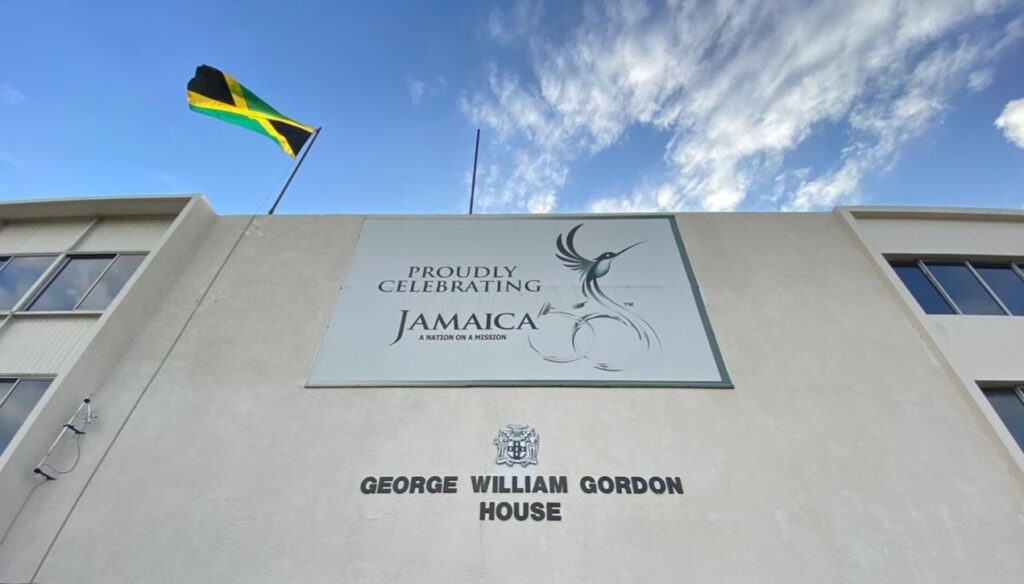
Ultimately, the responsibility lies with us as citizens. Greed thrives in the shadows, but ambition thrives in the light. We must ask harder questions, demand public audits, and resist being pacified by grand announcements unaccompanied by results. We must teach our children that ambition is honourable when it uplifts others—and dishonourable when it enriches oneself at their expense. We must elect leaders not for their Desert Boots, swagger, or slogans, but for their proven ability to serve with transparency.
The Caribbean’s future will be shaped by which of these we choose to celebrate — ambition that builds, or greed that consumes. Jamaica’s future depends on drawing that line clearly and defending it relentlessly. Because if we allow greed to keep masquerading as ambition, we will wake one day to find that both have disappeared — and with them, the promise of our independence.







Comments